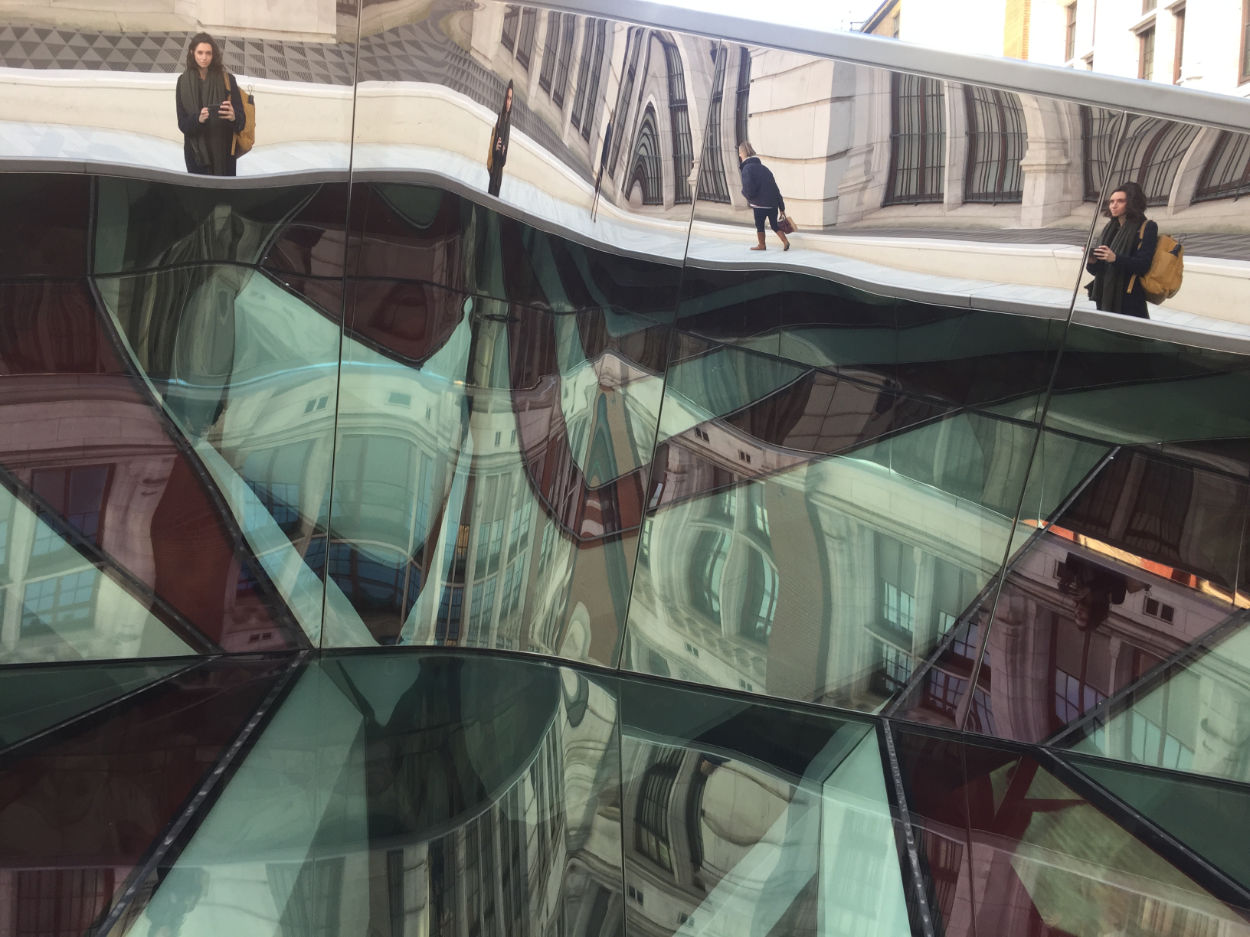Published
Bell ringing as abstraction, exercise, and communion
Can’t remember how we got talking about it, but another member of the Brooklyn Conservatory Chorale told me that she’s very in to English Change Ringing.
I thought I hadn’t heard of it before, but I have heard it, many times since I lived over there for 10 years. Listen to an example from St Paul’s on YouTube. I didn’t know it had a name, guess I always assumed it was sort of random.
If you listen to it closely you can start to recognize patterns. And if you live in the US, you might realize how this sound feels somewhat historical, not something that we hear frequently even in places with lots of churches. It is somewhat-to-very rare in the US depending upon where you live (see map of North American bell towers).
I started poking around online. For a concise description of English Change Ringing, you can’t beat the one on the New York Trinity Ringers website. Would love to go hear their bells some time.
But for a wonderfully in-depth presentation, it’s worth reading the article “Campanologomania” by Katherine Hunt published in issue 53 of Cabinet magazine in spring 2014.
(Incidentally, how have I never come across Cabinet before? “We believe that curiosity is the very basis of ethics insofar as a deeper understanding of our social and material cultures encourages us both to be better custodians of the world and at the same time allows us to imagine it otherwise.” Spot on. I hope they’re not done for… The last issue was winter ‘21 / spring ‘22, and the last event was in late 2020 as far as I can tell.)
In the article, Hunt goes through the origins of English Change Ringing as almost a drunken group pastime on idle bells, to a sort of obsession by folks – men, really – of many classes, to something that was seen as somewhat lowly due to the physical exertion it required, to the qualities it shares with modern twelve-tone music and the invention of the dumbbell (quite literally a dumb bell).
It’s hard to describe how physically in-tune the bell ringers must be to achieve the many permutations in a multi-hour peal. Hunt says:
While change ringers must understand the shape of the particular method they are ringing, they do not follow written notation for each and every change. Nor do they memorize the individual changes. Rather, the practice relies on the ringers internalizing the patterns of the method, perhaps by looking at notation that shorthands the whole method, showing only the key moments at which the permutations change course in order to exhaust all the possible orders. Ringers know principally by doing: they anticipate when two bells will have to swap places in the following round, and they feel their way as a group through the ringing of all the orders of the rows. Change ringing’s linguistic potential may have been exploited by Stedman and Mundy, but in the bell-tower it is a sweaty, communal, and profoundly corporeal activity.
That reliance on communality reminds me of many Musarc performances, though those are of course much more contemporary and experimental (and choral, not bells!).
Anyways, clearly there is something very attractive about this to me… The trouble is the meeting lengths and frequency, it would be really tough to get involved at this point in my life. Maybe something for when I’m 50+.
***
Side note: I was about to post a link to Outhwaites of Hawes, a traditional ropemaking business that started before 1840. The building is their workshop and also effectively houses a museum. It was lovely to walk through there and see the rope being made, including the incredible ropes required for change ringing. But sadly, it looks like they closed almost exactly a year ago.
